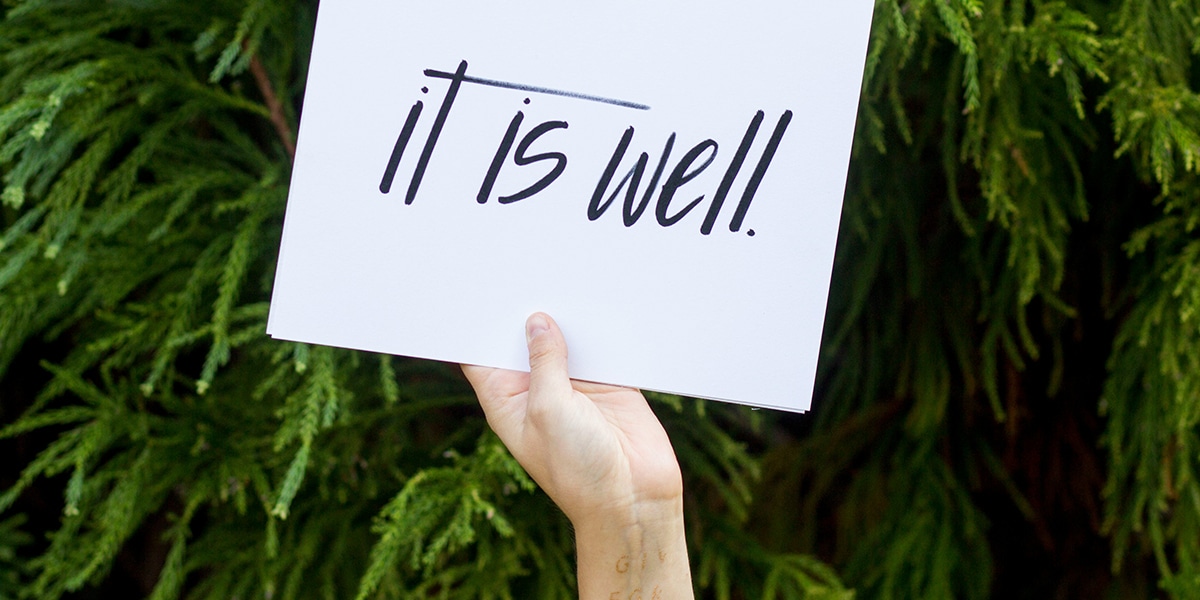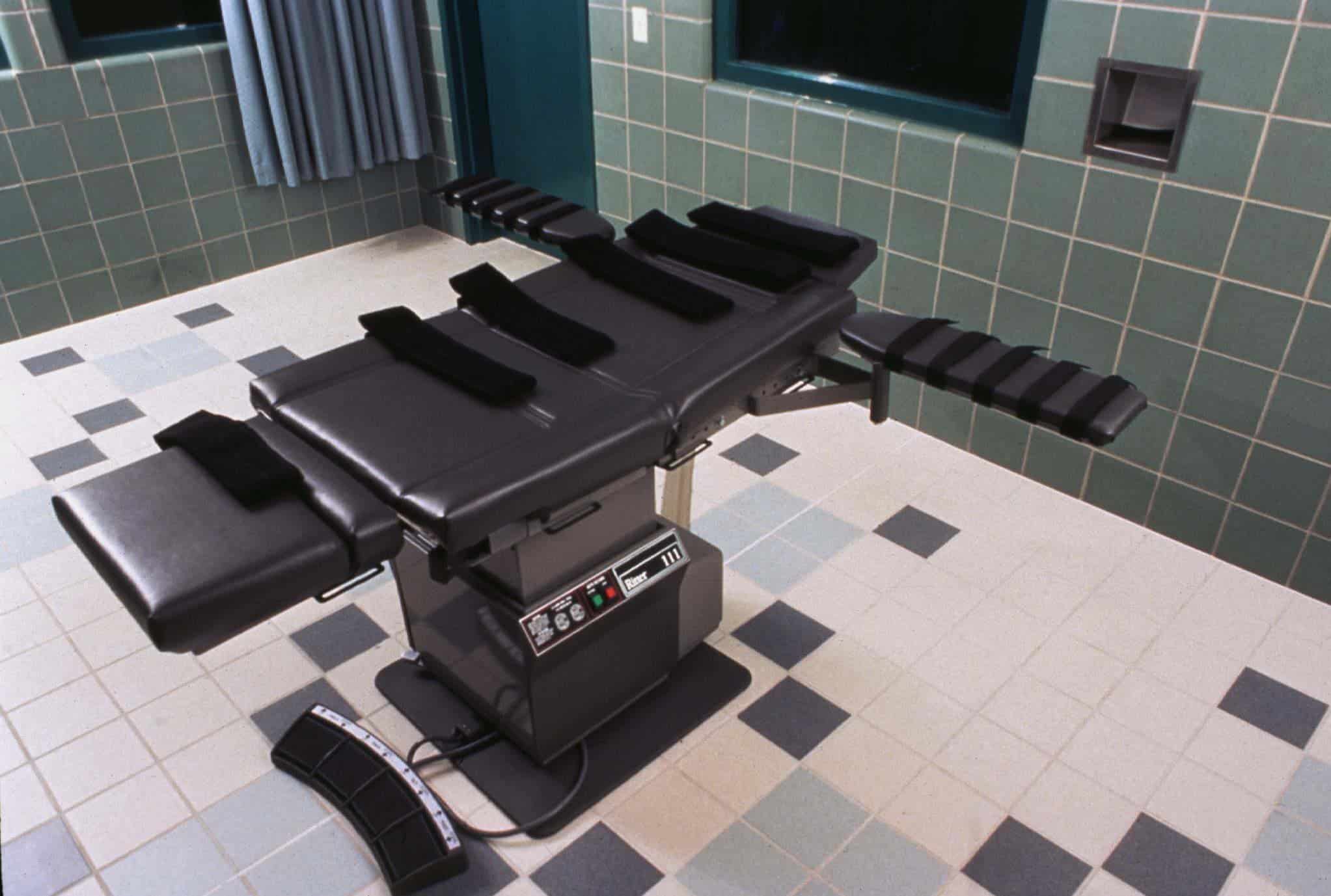We can leave ourselves with too little money to share by overspending, over-sharing, over-giving. Compulsive generosity can result in its own kind of poverty.
We can leave ourselves with too little spiritual sustenance to share by failing to discern and/or to follow our vocation. But those who are trying to live in voluntary poverty can go another way. Those who are trying to follow Christ sometimes engage in a strategy that, from an emotional-spiritual standpoint, encompasses the first two.
The phenomenon I want to present is what I’m going to call “under-earning”: a blanket term that includes but is not limited to self-deprivation, cash hoarding, and what I call “the poverty mentality.” While compulsive debtors use money as a drug, “under-earners” use lack of money as a drug. Instead of voluntary poverty, our money life is one of compulsive poverty.
Under-earners have developed an often subconscious, compulsive, strategy for thinking of themselves, and keeping themselves, perpetually “poor.” They take jobs below their level of experience and education. They’ve come to believe, all evidence to the contrary, that they have no marketable skills, that they can’t make a living doing work they love, that money is antithetical to spirituality.
The upshot is talented, hard-working, good-hearted people whose lives, careers, and relationships never quite come together. Smart people who have ghettoized themselves, literally or figuratively. In that sense, under-earning is the psychic construct that underlies all money wounds. If we make loads of money and consistently blow it all, we leave ourselves at zero. If we’re too afraid to follow the call of our hearts, one way or another we leave ourselves at zero. Under-earning is perverse and it’s progressive and it kills: dreams, spirits, lives.
I once heard a guy describe his job of thirty years: rodent exterminator. He said, “I’m maxed out on my credit cards, I’m in terrible financial insecurity, and I just don’t understand why my business keeps going down. I have the most reasonable prices in the market. I try to be kind to my clients, often spending a few extra hours talking to an old lady or a guy in a wheelchair.”
There’s no shame in rodent extermination. But to undercharge and over-serve at the expense of providing for our own basic necessities isn’t giving; it’s using money—hoarding money, refusing to earn money, vagueness around money, thinking we’re “above” or “below” money—as a form of anesthesia. A way not to feel, not to fully participate, not to face reality.
I don’t want to pathologize normal human behavior. We’d hardly be human if we were neutral about money. To be fair, our whole culture is crazy around money. We talk about the economy, endlessly, but we don’t talk about our strategies and fears around money. We complain about the price of health care, groceries, and gas but we seldom, if ever, talk about how much money we actually have, or how much we make, or how we decide to spend, or earn, or save. Artists in particular don’t talk about money, except to corroborate one more time that we don’t have enough of it.
We know money won’t save us but how are we to make enough for the material things we decently, humanely need? How can we learn to be sane around money when we were never taught, and when many of us have been taught that to speak of money is unseemly? How can we live out the Gospel message, refrain from being greedy, and also let our desire, on all fronts, go to the stars?
Too Much or Never Enough?
I had certainly lived by the law of love when I’d quit Job B (lawyering) to follow my dream to Job A (creative writing). The work itself—the essays, the All Things Considered commentaries, eventually the books—had also always been fueled by love.
But when it came to money, I’d very quickly reverted to the law of fear. I had made one huge leap, yet I’d brought my hoarding/poverty mentality with me.
I’m willing to live close to the bone to do what I love, I kept telling myself. I don’t work for the Man. I’ve never sold out. Maybe, but instead, I’d sold out to my shadow side, to my fear, to the generations of sorrow, shame, and financial insecurity that, like many of us, I’d absorbed along with my mother’s milk.
The fear that there would not be enough money—anywhere, ever—came to permeate every aspect of my life. Here are some ways the fear manifested: Feeling an inordinate thrill over scurrying home with other people’s cast-off clothing, furniture, or food. Walking a mile to save thirty-two cents. Doing things, going places, simply because they were “free.” “Shaving off” money and time (e.g., “making up” for a parking ticket by deciding to live on crackers and cheese for a week). Not factoring in time to eat, rest, or pee during my day. A bizarre insistence on thinking of myself as under-qualified for jobs for which I was in fact insanely overqualified. Maybe I could get a job at the 7-11…I’d think. No, I probably couldn’t figure out the cash register. That was with a law degree.
There won’t be enough money if on some basic level you refuse to earn enough money. Which can be obvious to the most casual observer—but entirely hidden from the under-earner. And which is why the poverty mentality can manifest just as much in profligacy as in hoarding; just as much in overspending as it can in underspending; just as much in the midst of wealth as it can in the midst of scarcity.
I might not have owed anyone a penny. But I was taking more out of the world than I was putting in. at’s a form of debt: not only to others, but to ourselves.








